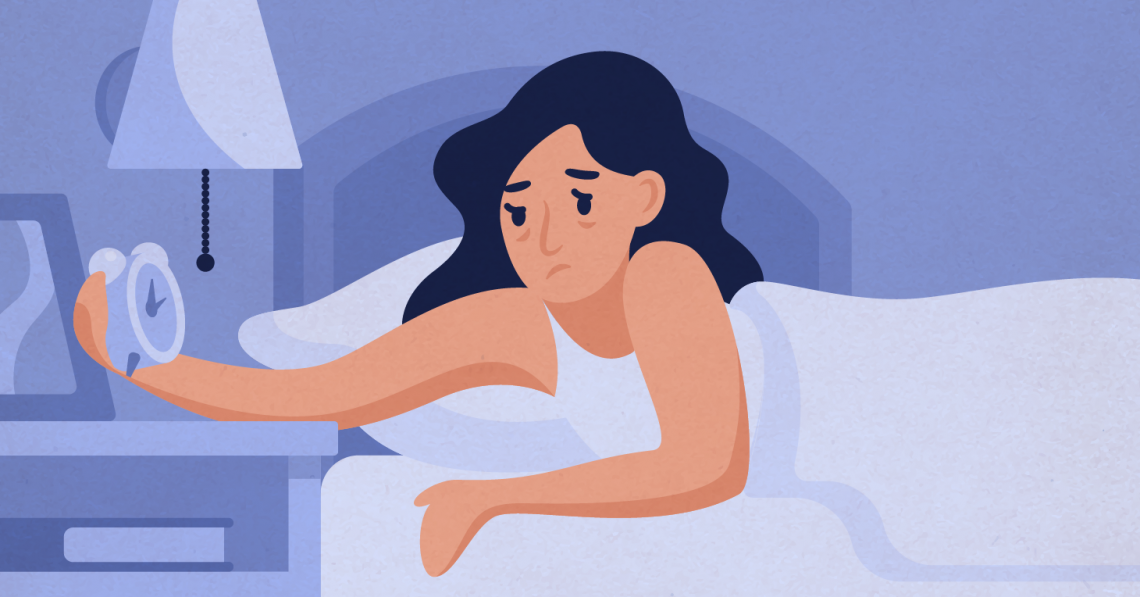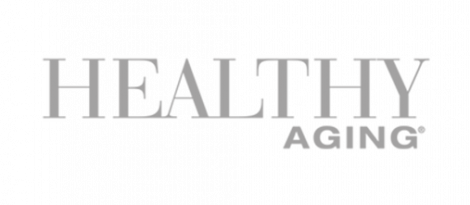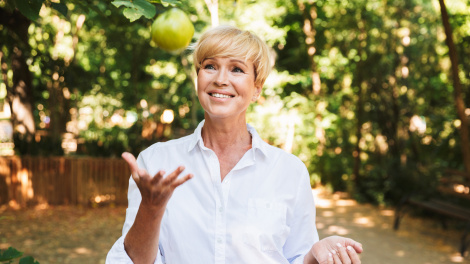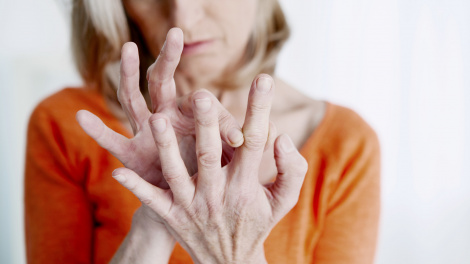BLOG: When did a good night’s sleep become the holy grail?

As I’ve mentioned before, I’m not mad about pharmaceuticals, but after lying awake on a long-haul flight (even with the aid of half a tablet) watching a fellow passenger sleep for 10 hours straight from take-off to landing, I’ve even been so bold as to ask what she took – because I was heading straight to my doctor to ask for the same!
I’ve never been the greatest sleeper, and always cycle through periods of good sleep (infrequently and short) followed by weeks of wakefulness. And compounding my stress-related sleeplessness, menopause! I was doing fairly well, but the last few weeks have been a struggle.
My mother always told us that you needed less sleep as you got older – many a time I’d wake with the sound of her whistling as she watered the hydrangeas outside my bedroom window as the dark was just fading to dawn; or worse, would hear her tinkling away at the piano.
For the past decade I have suffered from serious sleep-envy of family, friends and colleagues that get a good 7 – 8 hours every night.
I have a colleague that would bounce into the office every day and it drove me mad! Even though he got up for the obligatory middle-of-the-night pee, he would check the clock and jump back into bed excited that he had another 5, 4, 3 hours to sleep before it was time to get up – and go straight back into the heaviest, delicious slumber. I often wanted to throw something at that smiley, happy face!
Another friend takes half a sleeping pill every night - and has for years and years. He sleeps for 7 hours. When I take a half – or even a whole one – I’m generally up after only 4 hours, wide awake. Honestly, it’s properly frustrating.
“How to get a good night’s sleep and what remedies are working” is a frequent topic of conversation, and if you’re anything like me, you’ve probably tried the most recommended list of things to do for a great night’s sleep:
- No caffeine after midday
- No alcohol (other than when on holiday or for celebrations)
- Dinner by 7pm – and nothing too rich (big meals are harder to digest)
- TV removed from the bedroom
- No mobile screen time after 9-ish (limiting blue-light exposure before bed)
- A bed-time and wake-up routine
- Darkened my bedroom
- Open the windows for fresh air, keep my pyjamas and bed linen cool and light
- Generally in bed by 10pm
Added to these efforts, between my hormone doctor and my functional doctor (learn more about them here https://theoptimal.me/blog/blog-make-movement-your-medicine, I also take a handful of enzymes, hormones, amino acids etc. I know my body no longer produces enough melatonin, L-Theanine, Taurine and magnesium, and manage my cortisol levels. I’ve tried Gaba and CBD oil (not always all of them at the same time). Often, they work… and then they don’t.
So, why do we need sleep and how much sleep do we need? Ideally we need a good 8 hours of it in order to function optimally. Matthew Walker, in his book “Why we Sleep” https://www.amazon.com/Why-We-Sleep-Unlocking-Dreams/dp/1501144316 gets to the heart of it, as does Arianna Huffington in “The Sleep Revolution” http://ariannahuffington.com/books/the-sleep-revolution-tr/the-sleep-revolution-hc. There is plenty of great research and information out there, and lots of potential solutions, but finding what works for each of us isn’t always that easy.
If any of you are also searching for answers or have any new ideas I can try, I’d love it if you’d let me know!
For more reading on some things to try, https://theoptimal.me/blog/quick-fixes-for-better-sleep
Here’s to a great night’s sleep!

Just browsing? See our most popular articles



Start today! Join TheOptimal.me
Our guided 21-day course, First Steps to Physical Freedom, will introduce you to IMRs and help you make movement a habit.
- Unlimited access to Integrated Movement Routines (IMRs)
- Tips and advice from our experts
Full access free for 30 days.



